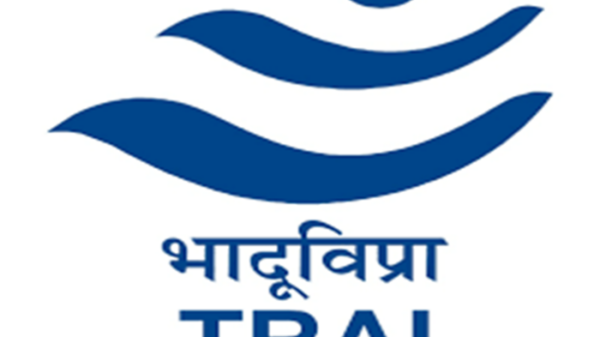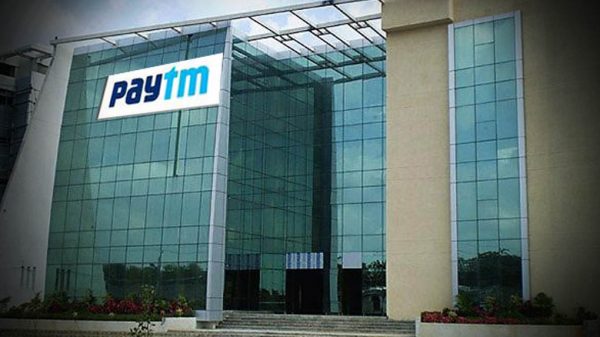This is a response to the Mobikwik co-founder Bipin Singh’s opinion piece titled “Is BHIM-UPI discriminatory ?” arguing the differential treatment meted out to non-bank PSPs on the BHIM cashback/incentive scheme favouring bank apps. We will look at non-banks reasoning, cashback as an effective incentive tool to promote digital payments, the role of the state in promoting digital payments, government’s special preference to banks and justifications for the same.
Read: Mobikwik CEO suggests that BHIM’s cashback schemes are discriminatory
Non-bank’s discrimination claim
The root of the claim seems to come the fact that all apps have the same set of compliance requirements, but why give incentives only to bank apps. But the fact remains, for each transaction in BHIM-UPI, the banks are inherently part of it, as BHIM-UPI is a bank-led payment network. 3rd party apps who have partnered banks(Google Tez, PhonePe, Mobikwik etc) can be viewed as aggregators/agents who facilitate the transaction than as service providers who provide the actual service of payments. These players fully knew and accepted the discrimination in a bank-led payments network with no support for their store value own wallets (PhonePe, Mobikwik) while joining BHIM-UPI. In a network full of intermediaries, not providing incentives to non-essential players like agents/aggregators might be a valid strategy.
Is Cashback an efficient tool for growth?
One key question that needs to be asked — Is cashback an efficient strategy for growth? This can be answered from the words of same people who are asking for them to be included in the cashback scheme.
… 90% of all MobiKwik transactions are non-incentivized. So, our business does not run on cashbacks. Between the different apps, customers especially recharge customers are switching basis who is providing cashbacks. This is not a sustainable strategy. We were never in the cashback game. Our burns are also one of the lowest in our industry. We believe in building a loyal customer base that transacts on our platform on an ongoing basis. …
… new entrants like Tez and PayTm are offering aggressive lotteries, rewards and cashback incentives to consumers to simply move money back and forth among themselves. We are consciously staying away from such gamification because we don’t want to chase vanity targets. …
But when it comes to government spending taxpayer money, somehow these rationalizations don’t appear. Vanity metrics and unsustainable growth seem to perfectly okay because it is paid by the government. It is solely seen as a level playing field and one set of players (banks) being provided with incentives for customer acquisition while others are not.
Role of state in digital payments promotion
Does it mean the state cannot fund and promote digital payments? No. The state can and must use its fund to promote digital payments, which not only promotes a sector but also might save some (questionable amount of) money in central bank issuing currency notes. But is funding a cashback scheme the right thing to do? No. There are several problems here, besides being an unsustainable option.
Firstly, BHIM-UPI is a payment network run by a private (non-profit) settlements company run by a conglomeration of banks. Contrary to popular opinion, NPCI is not a state entity, but a friend of state player, with Government of India, indirectly holding as little as ~26% (or less) effective control indirectly through PSU banks. NPCI is also a monopoly in instant retail payments being the operator of IMPS and UPI, the only retail instant payment networks in the country. NPCI also is not bound by RTI and is only accountable and answerable to its own board, even though it performs a critical public function and is perceived as a state-backed entity. There are multiple risks including privacy, cybersecurity, national security risks, business risks for citizens, country and banks, in the state having an arms-length relationship with a private entity performing a crucial function and promoting the same without proper accountability structures.
Read: #BHIM — Bharat Interface for Money & State friendly Payments Network
The state can instead, chose to build a state player competing with private players, prevent monopoly by providing clear guidelines for entry of more network operators, build regulatory capacity, increase awareness through campaigns, build a reliable grievance redress framework to improve consumer confidence instead of directly investing in cash-backs which every industry player will vouch for as unsustainable measure to promote digital payments.
Possible reasoning for government’s preference to banks
There could be multiple reasons for government’s preference to restrict the cashback to banks. Principle reason could be NPCI, a bank conglomerate owned body owning the network and is in charge of the delivery of the scheme. It is in the interest of NPCI’s shareholders (banks) that this helps bank apps and non-banks can’t have a say since they are outsiders to the company who are partners/agents/aggregators and not seen as key stakeholders. One can argue this be seen as government’s return of favour to banks who have been under undue stress when it comes to investing in digital infrastructure as per government mandate, after having worked harder during Demonetization. The government might also be fairly confident to place its bets on banks which are regulated by a government-owned regulator RBI, instead of 3rd party apps run by fin-tech companies which are not directly regulated/controlled by the government.





























